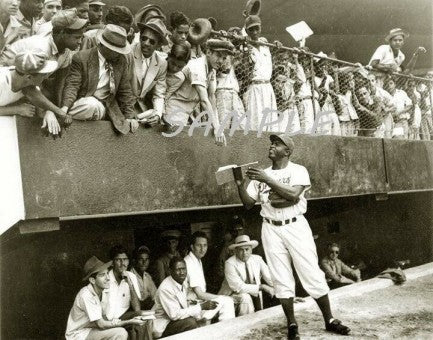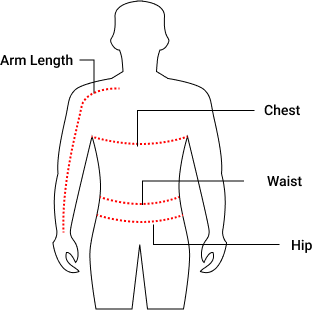As anyone who has been to the island knows, there is no place on Earth with a more enthusiastic baseball population. I first visited Cuba in 1993. Within a few blocks of my hotel, I encountered three different pickup games (one of which I was invited to join!). At night I would head to Esquino Caliente - the "Got Corner”) where fans argued and re-enacted plays from the previous night’s games.

Baseball in Cuba goes back to 1866. The professional Cuban League debuted in 1878, two years after the formation of the National League in the US. The league began admitting Black players in 1900, and by the 1920s a number of American Negro Leaguers, like the great Oscar Charleston, were included on Cuban League rosters. But the relationship between the two countries went both ways, as Black Cubans like the great Martin Dihigo played in the US Negro Leagues. Major League teams periodically played exhibition games on the island (Babe Ruth famously lost all his $20,000 fee to Havana gamblers in 1920), and by the early 1950s, numerous MLB players spent their winters playing for Cuban clubs.


The decades-long rivalry of the Habana “Reds” and Almendares “Blues” was a defining aspect of Cuban identity. Imagine the Yankees-Red Sox rivalry on steroids, and you have some idea of the intensity of the competition.

In addition to the four-team Cuban League, a National Amateur League also existed, with teams sponsored by social clubs, universities, and companies like Hershey and Billiken Cigars.

Branch Rickey – wanting to remove Jackie Robinson from segregated Florida – brought the Dodgers to Havana for Spring Training in 1947. (One of my most moving experiences was walking around Tropical Stadium – now repurposed as the national soccer stadium – and imagining Jackie and the Dodgers there.)
Cuba also hosted the Havana Cubans and later the Sugar Kings in the US minor leagues. In fact when the Sugar Kings reached AAA status new owner Bobby Maduro adopted the slogan “un paso mas y llegamos,” which translates to “one more step and we arrive.” But Maduro’s major league dreams were dashed by the Cuban Revolution and the ensuing political tensions with the United States.

Although the Sugar Kings hosted the AAA World Series in 1959, the situation deteriorated to the point where the team had to be evacuated to Jersey City in the middle of the 1960 season (Maduro left Cuba for good two days before the Bay of Pigs invasion). Major League Baseball did not return to Havana until 1999, when the Baltimore Orioles played an exhibition game against a Cuban All-Star team (a game I was privileged to attend).
When the Castro government nationalized private industry, the Cuban League ended, and a new amateur system based on regional teams was created. But the Cuban people continue their love affair with the game, and the island nation continues to produce some of the most gifted players in the world.
Jerry Cohen, Founder



